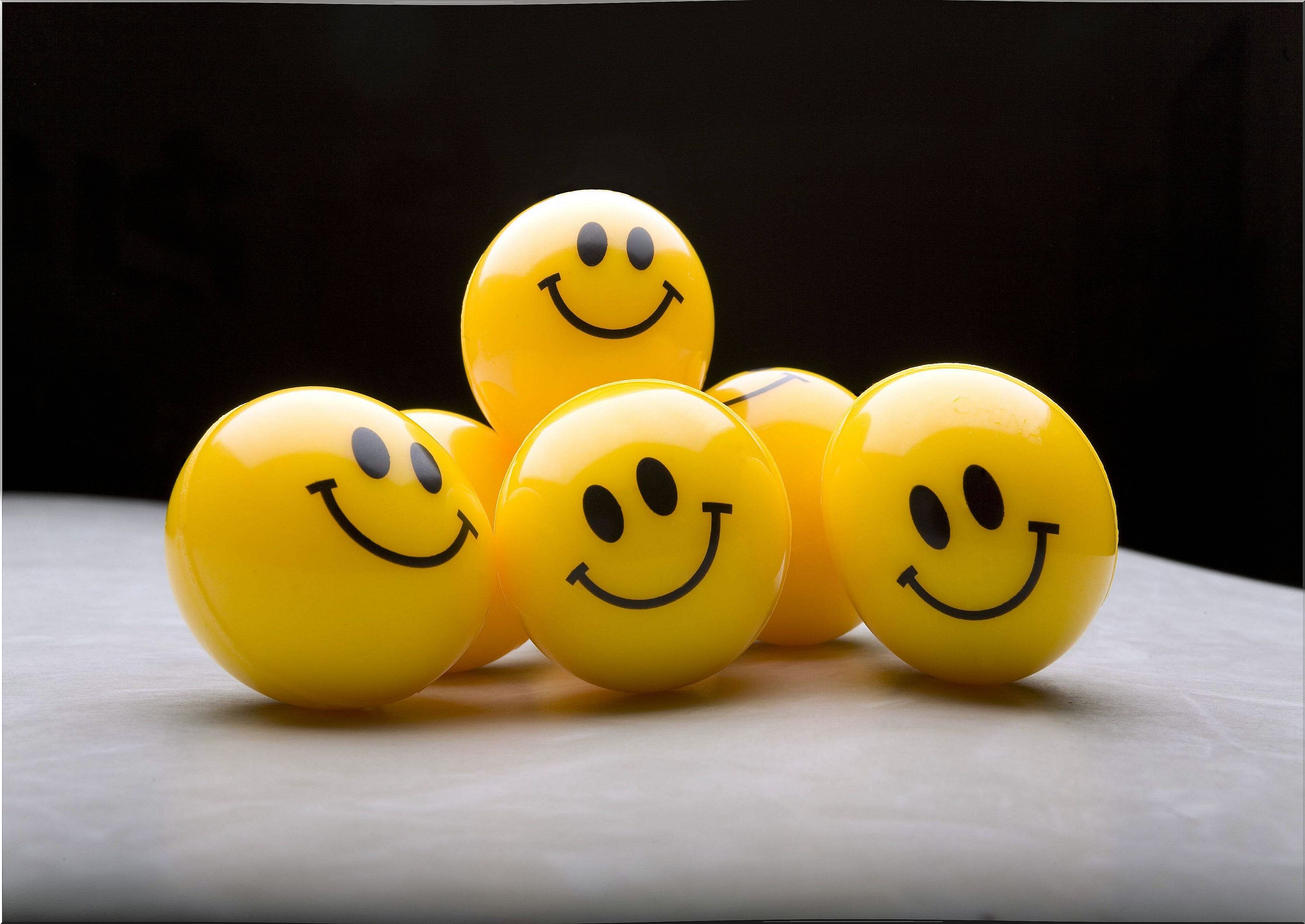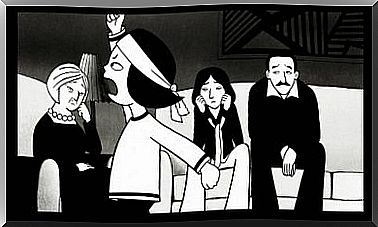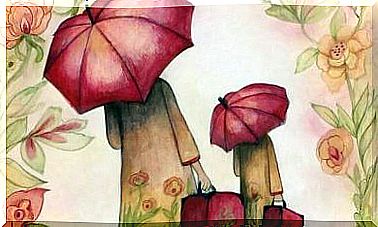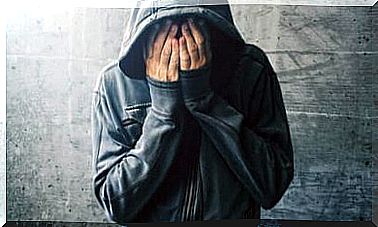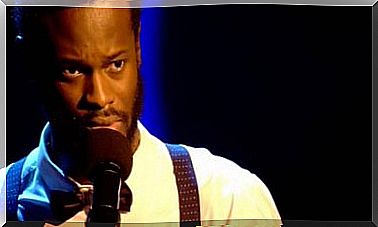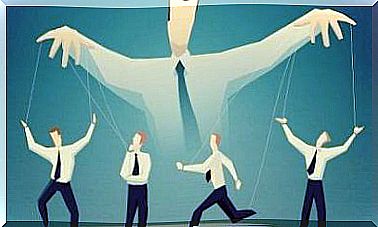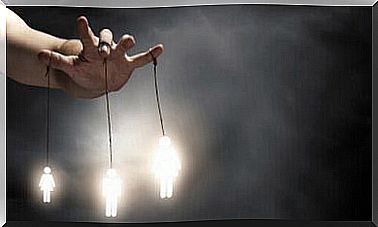The 7 Best Quotes From Karl Popper
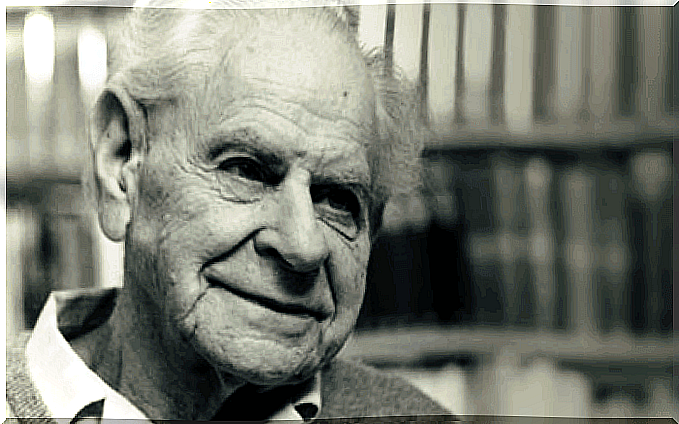
Karl Raimund Popper was born in Vienna (Austria) in 1902 and died in London in 1994. He witnessed much of the twentieth century and also one of its greatest critics. Philosopher by profession and teacher by vocation, he has always been considered one of the most brilliant minds of the day. Karl Popper’s sentences are a good proof of this.
Popper has been called the father of critical rationalism. He has dedicated his life to questioning modern reason. With great accuracy, his contemporaries gave him a nickname that still sticks to his skin: “the defender of common sense”. And it must be said that he did justice to this nickname.
He positioned himself against the scientific method, Marxism, Semitism, metaphysics and everything that configured the sphere of thought of the twentieth century. More than in his homeland, he was exalted in England, where he was awarded the title of “Sir”. So we leave you a selection of the best quotes of Karl Popper so that you discover part of his thinking.
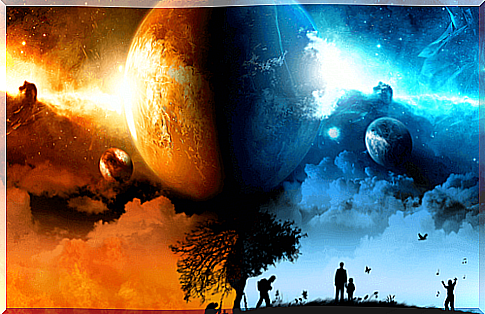
7 quotes from Karl Popper
1. Heaven and Hell
Popper says that: “Those who promise us heaven on earth have never produced anything but hell”. This is a sharp critique of idealism, with its thirst for total perfection or wholeness.
In collective life, the search for perfect realities has led to the most radical manifestations of fascism. In individual life, the thirst for an ideal only leads to frustration. So Popper would be right when he insinuated that Heaven and Hell are two sides of the same coin.
2. Processes and not things
Sometimes we see the world and reality as static and unchanging things. Even inanimate objects are always changing. This is why one of Karl Popper’s sentences says: “The world is not formed of things but of processes”.
With this affirmation, he reminds us that nothing is the same from one second to the next. That everything is constantly changing. Therefore, reality as such is inaccessible and we would only be able to capture moments or parts of it.
3. How does reason work?
For this Viennese philosopher, the main quality of reason is its openness. From this premise, he does not hesitate to affirm: “ Reason is not all-powerful, it is a tenacious, prudent, critical, relentless worker, eager to listen and to discuss, who takes risks. ”.
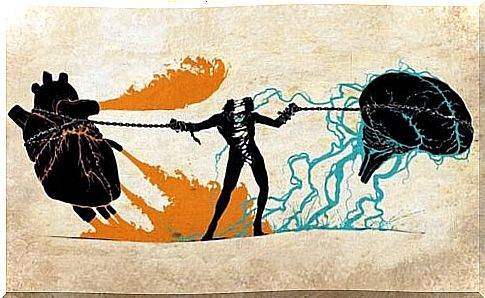
Through this sentence, he highlights the uncertainty and mobility that accompany reason. Implicitly, he goes against the absolutes of reason. Rather, it emphasizes the aspects of exploration and research that there is in this thought function.
4. Equality
Faced with equality, a subject which has been at the center of modern thought from the 18th century to the 20th century, Popper pointed out the following: “ Equality before the law is not a fact but a requirement. policy based on a moral decision. And this is completely independent of the – probably false – theory according to which all men are born equal ”.
This is one of Karl Popper’s sentences in which he places equality as a political and moral value, before fixing it as a natural reality. It therefore authorizes it the status of requirement and decision and makes equality a fruit of culture and personal development. At the same time, inequality becomes the natural condition of men.
5. Freedom and security
Freedom and security are two concepts that are always in tension in the exercise of power. Much debate refers to the dichotomy between the two. The paradox lies in the fact that full freedom endangers stability, while excessive security takes away freedoms. We can see an example of this when, in the face of certain threats, companies put in place a curfew.
On this subject, Karl Popper points out: “We must make plans for freedom and not only for security because only freedom can make security safe ”. Through this sentence, he joins the debate in favor of freedom. He affirms that it is only in the field of freedom that it is possible to gain real security.
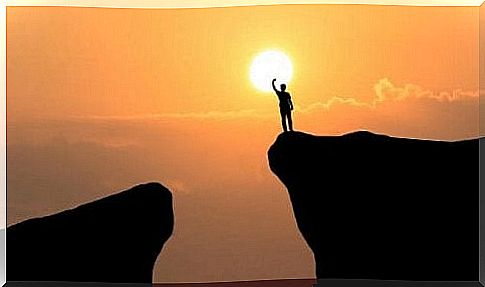
6. Autonomy
The openness of society is directly linked to free thought and moral autonomy. Here are the words of Popper on this subject: “The open society is a society in which men have learned to be, to a certain extent, the critics of their taboos and to base their decisions on the authority of their own intelligence. ”.
Interestingly, Popper doesn’t reject taboos in an absolute sense. This is why he says that you learn to be critical of them “up to a point”. This philosopher was convinced that one should not use reason to criticize what was outside science. He also underlines the idea that human decisions must obey one’s own intelligence and not an external authority.
7. Science
This is a wonderful reflection by Popper which specifies the difference between science and any other type of knowledge: “The history of science, like that of all human ideas, is a history of irresponsible dreams, of stubbornness and mistakes. However, science is one of the few human activities – perhaps the only one – in which errors are systematically criticized and very often corrected over time ”.
The idea is very interesting if we take into account that the history of humanity is full of currents of thought which claimed to be carriers of absolute truth. Both religions and certain political ideologies have shown themselves to be free from errors. Science is superior to them precisely because it is critical, in general, with itself.

Karl Popper spoke with one of the finest virtues a thinker can possess: he was intellectually honest. He postulated reasoning and ideas that would bring us closer to reality. His influence was notorious and he left an indelible mark in the history of philosophy.
